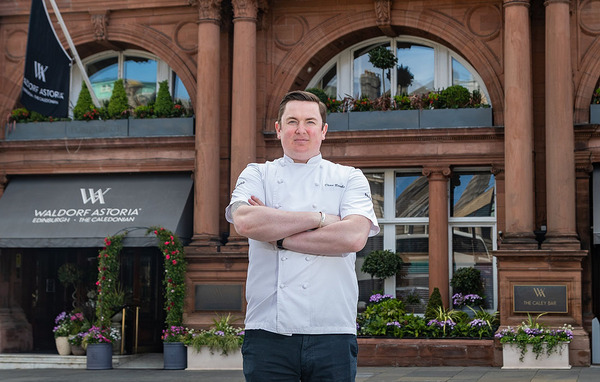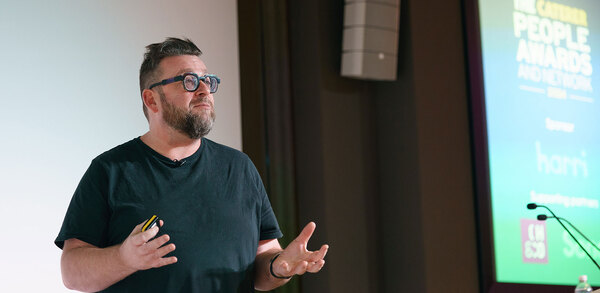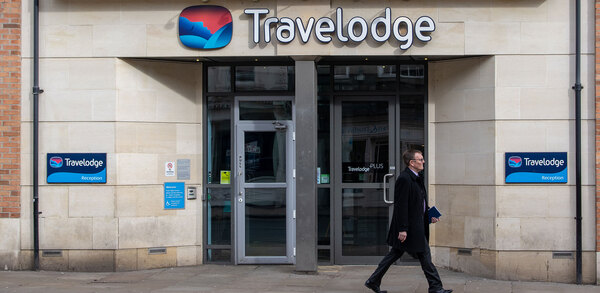Hospitality operators gear up for extended legal battle over coronavirus insurance payouts
Thousands of hospitality businesses are still fighting to secure insurance payments for coronavirus disruption, with many pursing a fresh wave of legal action.
The Caterer has heard of multiple instances of operators being told they were covered before insurers later reversed their decision.
Restaurant and bar owners have accused insurance companies of “dragging their heels” over payments. This is despite a fight over the issue escalating to the Supreme Court, which found in a test case in January that certain types of policy should pay out for Covid disruption.
Though some insurers have begun to pay following the ruling, others have been slower to respond. The judgment was due to be accompanied by a list of declarations to provide clarity to policyholders, but it has not been finalised, leaving many businesses with cover in principle in limbo.
Sonia Campbell, partner and head of law firm Mishcon de Reya's insurance disputes practice, said legal action related to the case was ongoing.
“We are now seeing instances where insurers whose policies were considered in the test case are denying cover to businesses whose policies do not precisely mirror the wordings examined in the test case,” said Campbell.
“There is also evidence that insurers are reluctant to indemnify policyholders for subsequent claims relating to second, third and localised lockdowns. [We] expect that disputes will continue for some time to come.”
Broader action
Hospitality business owners whose policies were not directly included in the Supreme Court ruling are taking their own action, believing its findings could improve their case.
Corbin & King, which owns London restaurants including the Wolseley (pictured below) and Brasserie Zédel, is pursuing its insurer Axa through the courts in a case which could have implications for others with the same policy wording. It is seeking a declaratory judgment, where a court clarifies a legal uncertainty, to try and secure a pay-out.
Jeremy King, chief executive of Corbin & King, said the group is awaiting a court date. “Insurance companies are trying to hide behind an incomplete test case, which makes our own case so important for the entire industry,” he said.
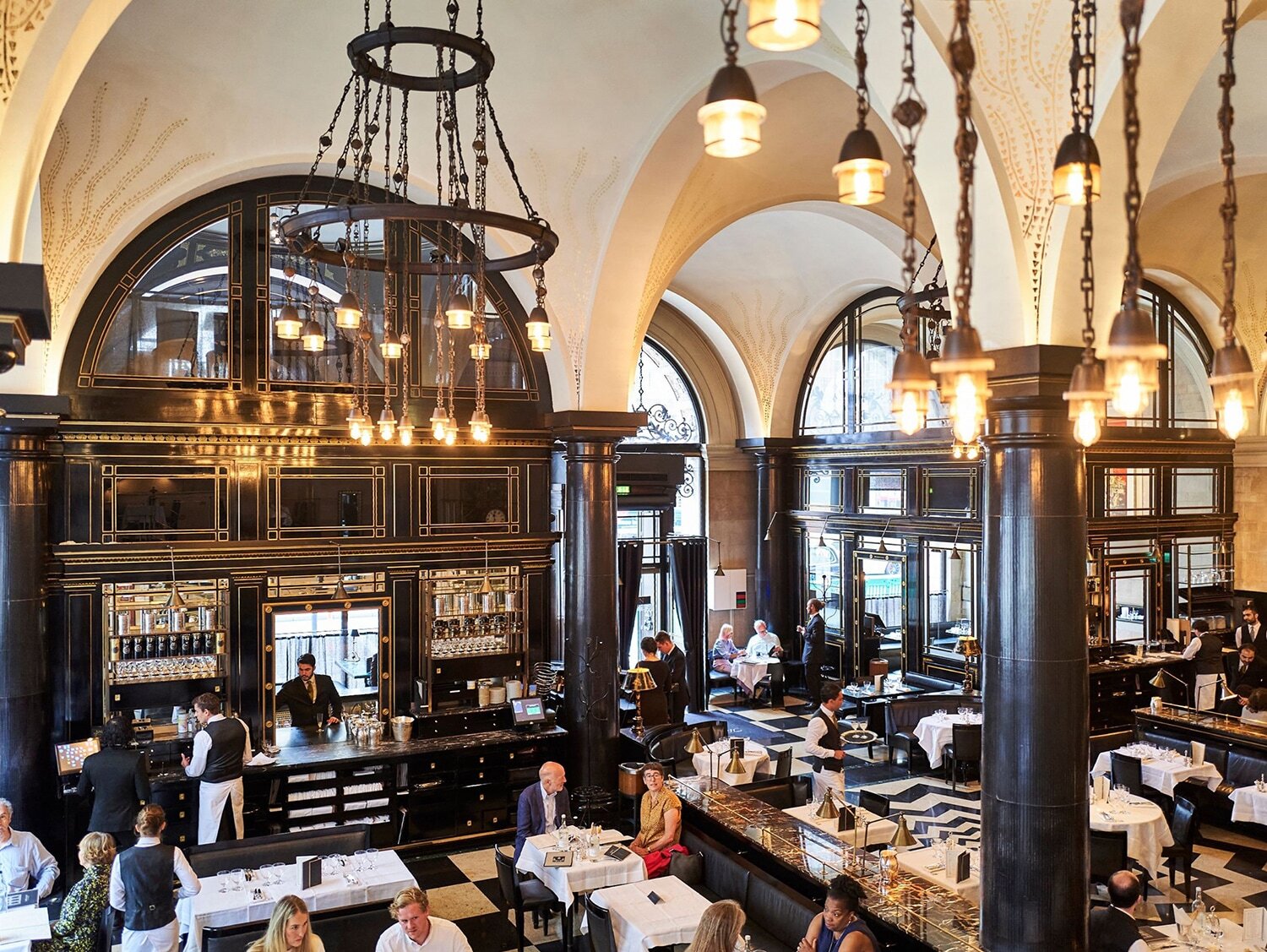
Corbin & King’s fight relates to ‘non-damage denial of access’ cover, a type of business interruption policy that protects companies against their sites being shut by a statutory body because of a local danger or emergency.
Insurers are refusing cover based on an earlier High Court ruling, which took a narrower view of such policies.
Inception Group, which owns London bar brands including Mr Fogg’s, Bunga Bunga and Cahoots, has the same policy wording as Corbin & King and is considering its own legal challenge. This could include teaming up with a hotel group and a Midlands-based cinema chain to launch group action.
“If [we] are able to prove that policy should respond, it should open the floodgates to a lot more claims from operators who currently think they don’t have any coverage,” said Duncan Stirling, director and co-founder of Inception Group.
“It feels like insurers are dragging their heels and with the critical state of hospitality, [we] can’t afford to lose that kind of time.”
It feels like insurers are dragging their heels and with the critical state of hospitality, we can’t afford to lose that kind of time.
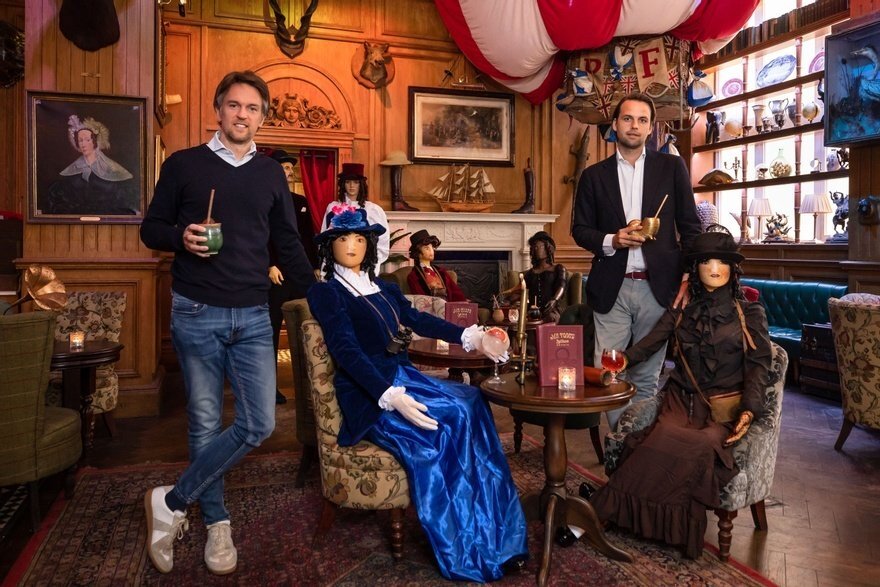
An Axa spokesperson said: “The [Financial Conduct Authority] test case considered these wordings in great detail and decided that those in line with the Axa wordings did not provide any cover. The decision was sufficiently clear for the FCA to decide not to appeal against the decision on these wordings, although they did appeal a number of other points relevant to different policies.
“While we understand the challenging situation many businesses have faced, we feel it is wrong to try to suggest a different outcome from an appeal judgment that very specifically didn’t include these policies.
“Axa will continue to work with our customers and pay claims on policies where there is valid cover, as we have been from the start of the pandemic.”
Long-term fight
Multiple hospitality business owners told The Caterer they were resigned to a long battle but feared some businesses would not survive until the end.
“I feel like [insurers] are playing this cynical game to extend the battle for so long that more people disappear or go bankrupt and stop the claim because they can’t fight it anymore,” said Paul Askew, chef-patron at the Art School restaurant in Liverpool, which is yet to receive a pay-out.
“In the end we’ll have to go down the route of chasing them for mis-selling. They’ve sold us something that we believed was protecting our businesses, but it wasn’t fit for purpose."
Askew said many hospitality businesses had renewed their insurance policies since the pandemic began and found they are still not covered for coronavirus disruption. This has left them unable to claim for losses when being forced to close due to staff being ‘pinged’ by the NHS Test and Trace app.
“You can’t seem to get insurance that includes pandemic cover,” said Askew. “What’s the point of me being insured other than to tick a box? What are we supposed to do in two or three years' time if there’s another variant or lockdown?
“Hospitality as a sector has to stick together and keep fighting. We’ve got to keep at it because ultimately this has got to be paid."
Image: Irina Soboleva S / Shutterstock.com




